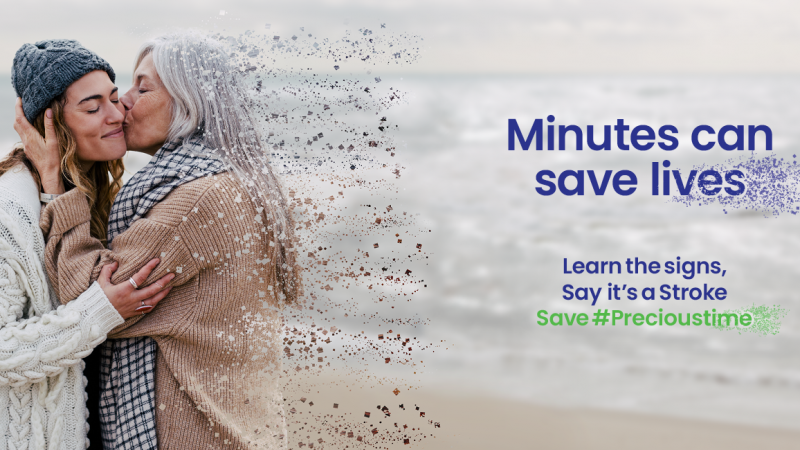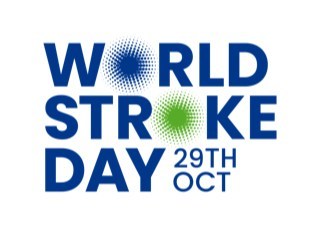On World Stroke Day, 29 October, the World Stroke Organization (WSO) is calling for urgent action after a survey by the WSO and the World Health Organization (WHO) found that only 35% of hospitals worldwide provide essential clot-busting medicine tissue plasminogen activator (tPA), despite it being added to the WHO essential medicines list 2 years ago. On World Stroke Day, the WSO is calling for urgent improvement in treatment and increased awareness of symptoms.

Subscribe to our Telegram channel to get a daily dose of business and lifestyle news from NHA – News Hub Asia!
Stroke remains the second biggest killer globally: 15 million people will have a stroke every year, 6.5 million of whom will die. Most survivors will face a lifetime of disability or impairment as a result. tPA is a highly effective and cost-effective treatment but provision is dependent on the establishment of specialist stroke units. While these units exist in 91% of higher income countries, in low-income countries it is as low as 18%. Patients in low-income countries experience four times the rate of stroke-related death and disability, compared to their high-income counterparts.
The WSO has launched a “Roadmap to Quality Stroke Care” to improve stroke services, a platform which can be used in all settings to identify areas for improvement, and urges health professionals to take part.
Prof Sheila Martins, President-Elect at WSO says “People treated with tPA have a 31% higher recovery rate and can go on to lead independent lives. It is shocking that 65% of hospitals still do not provide it. Hospitals must urgently prioritise the development of stroke units in order to administer tPA. Donors, industry, pharmaceutical companies and governments need to come together to prioritise stroke care units. We also need training for non-specialist doctors and nurses, particularly in low-income settings, to widen access to stroke ready hospitals.”
Prof Marc Fisher, WSO President added “We want everyone to learn the symptoms of stroke and recognize stroke as a medical emergency. It is then vital that when that call comes in, health providers can give everyone an equal chance of recovery.”
An open, livestreamed panel, ‘No time to waste’ hosted by journalist Rageh Omaar, with gold medal Olympian and stroke survivor Michael Johnson, global stroke and public health experts, will discuss the future of stroke services worldwide. Everyone is asked to raise awareness of stroke symptoms by sharing the campaign #Precioustime, with toolkits and more info available at www.world-stroke.org

SOURCE World Stroke Day (press release)

